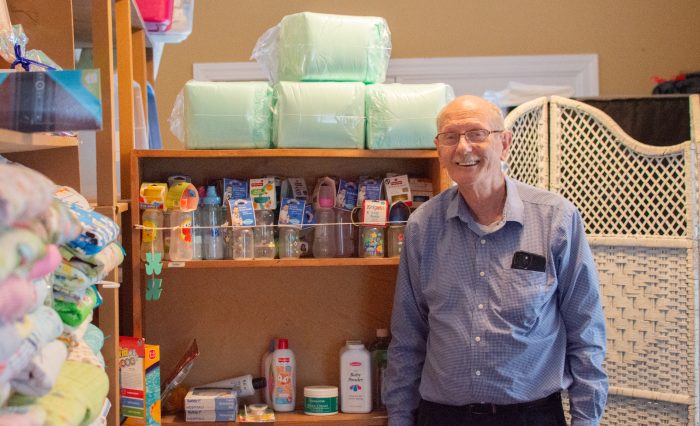Spain set for new election as king declares talks stalemate
Published 8:08 am Wednesday, April 27, 2016
Spain is heading for new elections this summer after parliament failed to choose a prime minister for the first time in the country’s democratic history.
King Felipe called a halt to the efforts to forge a governing majority after a third round of talks with party leaders Tuesday, concluding that none of the candidates had enough support to win an investiture vote. The official deadline for the parties to reach an agreement is May 2. The new ballot is likely to take place on June 26.
Trending
Party leaders are struggling to get to grips with the tectonic shift in national politics caused by last December’s election, which produced the most divided parliament ever and ended more than 30 years of two-party rule in western Europe’s youngest democracy. While the insurgent anti-austerity group Podemos and pro-market Ciudadanos both pushed for a Socialist-led administration, their policy differences made a three-way alliance impossible.
“This makes Spanish institutions look very old-fashioned — more than a change of parties, it seems like we need a change of attitudes,” Juan Moscoso, a former Socialist lawmaker, said in a telephone interview. “In that sense the last four months have been a failure.”
Polls suggest the result of a new ballot may be little different from December, forcing a fresh round of coalition talks with the economy losing steam and the European Union demanding urgent action to rein in the biggest budget deficit in the euro area.
“I read reports about new elections in Spain,” Italian Prime Minister Matteo Renzi said on Twitter. “With the new election law and the constitutional reform, Italy today is the most stable country in Europe.”
Italy’s 10-year bonds yield 10 basis points less than Spain’s, even though Spain’s economy is growing three times as fast as Italy’s.
“Turnout will probably be the key to any difference from the December results,” said Lluis Orriols, a political scientist at Madrid’s Carlos III University. “It will be useful for voters to know which alliances are feasible and which ones aren’t.”
Trending
A last-minute bid to broker a deal floundered on Tuesday as Ciudadanos leader Albert Rivera rejected a proposal from a regional party associated with Podemos and attention swung toward the coming campaign.
Socialist leader Pedro Sanchez blamed Pablo Iglesias of Podemos for negotiating in bad faith while Acting Prime Minister Mariano Rajoy said Sanchez had ignored voters’ calls for compromise and Iglesias questioned the Socialist leader’s commitment to the progressive cause. Rivera said party leaders had let the voters down.
“All political leaders have failed,” Sanchez said in an interview on Cope radio on Wednesday. “But some leaders worked to try and create a government for change, and others didn’t.”
Podemos could be the biggest beneficiary of a re-run if Iglesias can seal an alliance with the former communists of the United Left. The two groups won 6.1 million votes between them in December compared with 5.5 million for the Socialists.
Running together, those parties could get 80 seats in the 350-strong legislature compared with 71 in December, according to an average of polls calculated by website Electomania. Rajoy’s People’s Party would win the most lawmakers though its representation would slip to 118 from 123, just above the 117 seats it needs to maintain a veto on constitutional reform.
The Socialists would slide to 84 seats from 90 while Ciudadanos would add six lawmakers to 46.
“If the electoral results are similar to the one in December, the negotiations will be just as difficult and the pressure to reach an agreement will be even greater,” said Antonio Barroso, a London-based analyst at Teneo Intelligence.
—
Celeste Perri contributed.
spain






